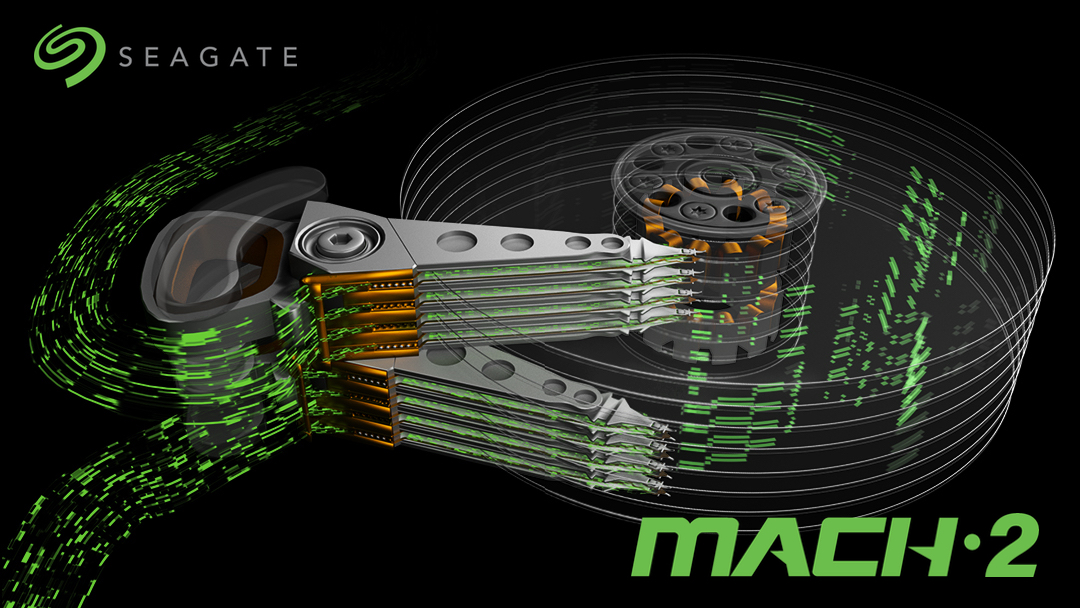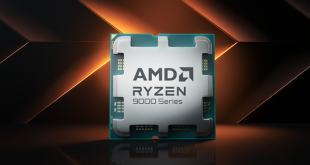SSDs are known to significantly outclass HDDs in terms of performance, but Seagate has been developing a new technology that should reduce the difference. Named Mach.2, this new technology features a dual-actuator and two HDDs working simultaneously to deliver a level of performance similar to a SATA SSD, making it the fastest HDD in the world.
The first HDD to feature this technology is the 14TB Seagate Mach.2 Exos 2X14, which features 2x 7TB HDDs in a 3.5-inch casing filled with helium. This 7200RPM HDD features a multi-segmented 256MB cache and uses a single-port SAS 12Gb/s interface to reach a maximum transfer rate of 524MB/s. With an average latency of 4.16 ms, the Mach.2 Exos 2X14 is capable of executing up to 304/384 random read/write IOPS.
We would expect that the power consumption of these drives would be less than that of an air-filled HDD, but Seagate lists the power consumption at 13.5W under load. This is slightly above the average of 12W of today's HDDs. Users may also enable Power Balance, reducing the power consumption to below 12W, but it will also reduce sequential reads by 50% and random read by 5-10%.
Considering the specifications, Seagate's new dual-actuator HDDs should perform similar to a SATA SSD in some tasks but outperformed in others (much lower IOPS). However, the pricing of the Seagate HDD may make it a better choice. The drive itself may be more expensive than the vast majority of SSDs, but the price-per-TB should make it a better deal.
KitGuru says: Would you choose a Mach.2 Exos 2X14 over a SATA SSD in any particular case?
 KitGuru KitGuru.net – Tech News | Hardware News | Hardware Reviews | IOS | Mobile | Gaming | Graphics Cards
KitGuru KitGuru.net – Tech News | Hardware News | Hardware Reviews | IOS | Mobile | Gaming | Graphics Cards



